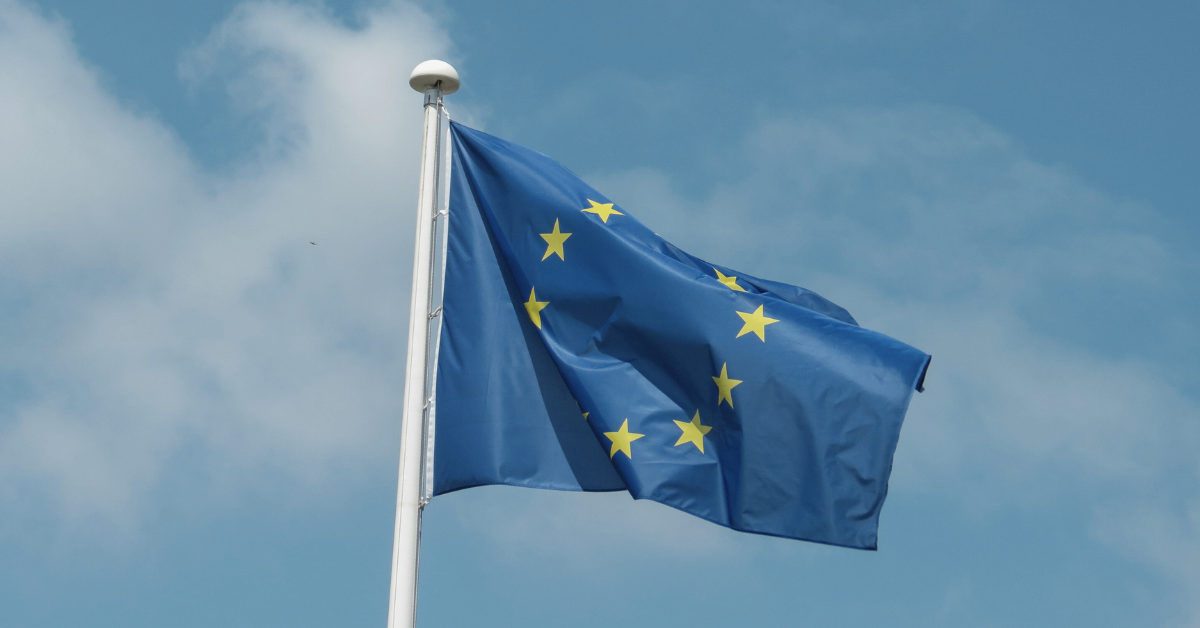Today, most of us spend several hours a day online. Many everyday tasks are handled online both in our free time and at work. Across systems, programs, apps, etc., we transfer and access a vast amount of data and documents.
With our online behavior comes an increased risk of hackers and criminals stealing our identities or robbing us. But the most common situation is actually that data breaches happen because of human error. This also apply to the HR department, who of all departments, is handling some of the company’s most sensitive data – its candidate and employee data. In other words, we need to protect these data from both criminals and ourselves and how we handle this is therefore of upmost importance.
Learn more about HR master data here.
What is digital security?
Digital security is a rather wide term for all the measures taken to prevent our data and online assets to be stolen or compromised. In other words, it is all the things we do to safeguard our data and documents as well as the systems and networks we use to store these. Hence, IT security protects several of the company’s digital components, e.g.:
- Data and documents
As an HR professional you handle a vast amount of personal information such as candidate and employee names, addresses, Social Security Numbers, etc. These are highly sensitive data that are protected under GDPR but also, when not handled right, in risk of identity thefts and more. - Systems, applications, and networks
The different systems, eg. your HR systems, payroll, CRM, ERP etc. are systems used within your company network. As we start to use more and more devices, both at work and when working remotely, and store more and more data in the cloud it becomes increasingly challenging to secure business networks. - Devices
The different company devices you use such as mobile phones, tablets, laptops and computers, are all used for work, but often also for private purposes. And even more often we use our private devices to access company networks, systems etc., which all emphasize the challenge of IT security. - Cloud and internet
All of our data, documents and different digital assets are more often than not stored in the cloud. The security of how we access, connect, send, and receive all of this is critical when we want to safeguard it and keep uninvited guests out.
Why is Digital security important for HR?
Because cyber-attacks are one of the biggest business threats today. Working with HR, personal data and documents are managed every day, which emphasizes why you need to take a close look at how you protect these from breaches, theft and exploitation.
With the HR department managing all that personal data, it becomes even more critical to secure how you work digitally across systems, applications, and devices. From attracting, recruiting, and onboarding employees, to managing, retaining and offboarding them again, you work with both personal and company data that needs protection.
From a business perspective this is of upmost importance. Not only can it jeopardize parts of your business, but it can also be extremely costly. GDPR is truly stressing the urgency of handling IT security within HR, as noncompliance can lead to fines as big as 20 million € or 4% of your global turnover. And then there is the candidate and employee side of things. Candidates and employees simply expect that their employer protects their data. In fact, 77% of candidates say they wouldn’t apply for a job if they felt their privacy and information wasn’t protected.
Ensuring digital security throughout the employee lifecycle
From talent attraction, recruitment and onboarding, to talent management, retention and offboarding. Working with the entire employee lifecycle, or just some of it, you get to handle a vast amount of data, including personal data, which are protected under GDPR and hence comes with several regulations around data storage and management. Without compliant system(s) more often than not personal data, CVs, applications and other documents get to travel between inboxes, systems and devices making it hard to control any of the data; where it lives, when and how it should be deleted, who can access it, how it is sent and received etc.
Collecting it all in one place is one thing that can help minimize digital security risks. In this way, all data will live in one place; master data, employee documents, applications, CVs, tests, assessments, reference checks and more. You’ll avoid scattered data across different systems, making both collaboration and data quality better. Other measures like built-in virus scanning and digital signing of documents are also ways to protect your data, avoid GDPR breaches and make processes more secure and seamless.
Do you want to know more?
Understand the value of having one unified platform to deliver one seamless talent journey - in 1 minute👇



-Feb-04-2026-02-04-06-2033-PM.png)
